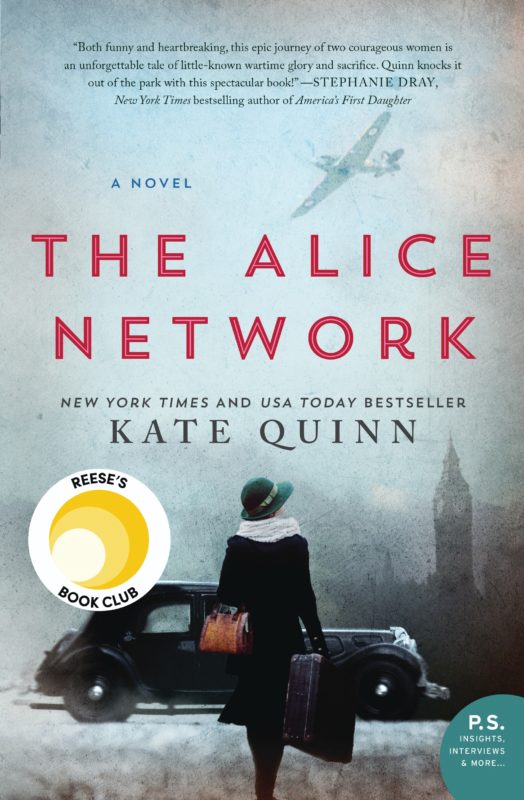I am taking a sabbatical from the discussion of historical fiction to pay homage to a giant in a very different field: Robert B. Parker, king of noir detective fiction, who died yesterday morning at his writing desk.
Parker is famous enough for his output (a staggering sixty-five books in thirty-seven years) and for his reincarnation of the classic noir literature (most notably his Spenser series). I stumbled on Parker a long time ago and have enjoyed his work for a host of other reasons. I list them here, in no particular order, in honor of a great writer.
1. Dialogue. Parker’s dialogue is crisp, snappy, and personalized; an object lesson for anybody looking to write funny yet realistic speech for different characters. When Parker really gets it going, the zingers come back and forth like the rat-a-tats of Spenser trading bullets with the latest villain. A joy to read, and rare to find in a genre known for heavy-handed prose.
2. Tough guys. Unlike many authors, Parker understands that a fictional hero does not come across as tough because he swaggers and calls himself so. He is tough because of what he does, and how others react to him. And there are no tough guy cliches to Parker’s heroes. Spenser, the consummate tough guy, is also a gourmet cook who reads poetry and knows how to make piecrust. Hawk, his fearsome assassin buddy, wears powder blue suits with pink shirts. Sunny Randall is a perky little blonde fit to co-star in a Meg Ryan comedy. But does anyone laugh when they narrow their eyes and produce a gun?
3. Light-heartedness. Noir can be very dark–alcoholic detectives plowing morosely through an assembly line of glamour girls while getting depressed by gun battles and criminal atrocities. Parker had a lighter touch. Spenser, except for the occasional blip caused by a bad case, is a remarkably serene and contented individual. Hawk, both single and emotionally distant, is perfectly happy that way. How refreshing.
4. Boston. After living in Boston eight years, I miss it. Flipping through the latest Spenser book is always like coming home. The pinpoint accuracy of the city’s layout, the widespread obsession with the Red Sox, the exact look of the bridge over the pond in the Boston Public Gardens at dusk–Parker has it nailed.
5. Fine writing. Parker may get dismissed as a writer of light, amusing mysteries, but his writing his better than that–and sometimes searing about social issues. Prostitution, immigration, teen gangs, race violence, school shootings, professional sports–Parker has blasted them all in his backhand way.
I’m going to miss Mr. Robert B. Parker, along with his friends Spenser, Hawk, Jesse, Sunny, Spike, Vinnie Morris, the Grey Man, and the rest. No more twice-yearly dose of Boston-infused wit and danger. No chance to ask Parker in exasperation if he can please set Spenser up with somebody besides that wretched Susan.
The wretched Susan aside, I’ll miss them all.







